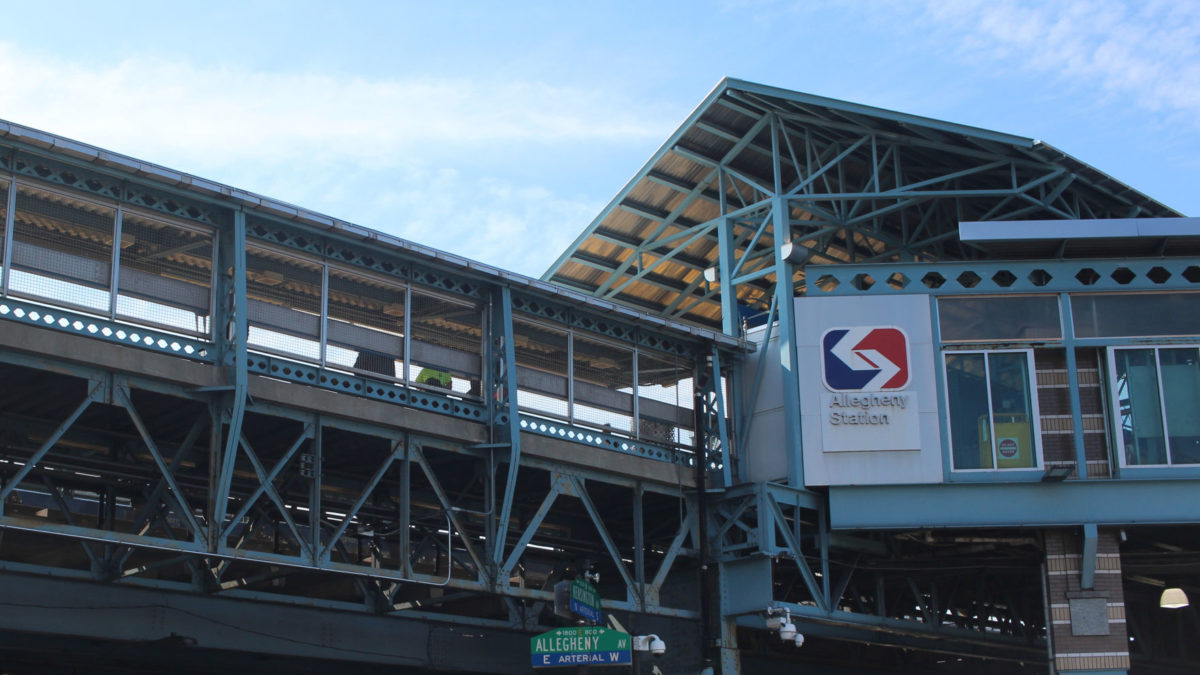Neighbors living near Kensington and Allegheny avenues, one of the most notorious drug corners in the city, canceled a planned protest against supervised injection facilities on April 19.
It arrived only after a meeting with Mayor Jim Kenney during which he assured residents they would be part of the conversation moving forward and that nothing was happening quickly.
Former Gov. Ed Rendell revealed last month that a developer had offered a location in Kensington to be utilized by Safehouse. The Philadelphia nonprofit is dedicated to harm reduction and to opening supervised injection facilities where people would receive wrap-around medical care, overdose reversals and links to rehab. Vehement resident opposition broke out against opening this site in a building on Hilton Street, near Kensington and Allegheny avenues.
The Harrowgate Neighborhood Association, which encompasses that area, planned a protest against all supervised injection facilities for Friday and circulated a petition against them that garnered over 500 signatures to deliver to Kenney.
The mayor met with Harrowgate President Shannon Farrell-Pakstis and issued a public statement just two days later, putting the brakes on overdose prevention sites (OPS). Although he recognized that the city was still in the grip of an opioid crisis, with more than 1,100 drug overdose deaths last year, he noted that his decision was due to safety reasons.
“Valid public safety concerns have been raised by the community in and around Kensington, and I have informed Safehouse that those safety concerns must be addressed before the establishment of an OPS,” Kenney wrote and also urged Safehouse to consider other sites while the city “tackles public safety” and works with the community to help them understand why overdose prevention sites are needed.
“I wouldn’t call it appeasement,” City Managing Director Brian Abernathy told PW. “I think residents have raised some valid concerns about public safety, about how the police will interact with the site. There has not been as robust a public dialogue as we would like.
“We are still committed to a site in Kensington,” Abernathy added. But he emphasized, as did Kenney in his statement, that multiple sites around the city were needed. Abernathy also said that the way the announcement came out about the possible Safehouse site “put everybody back on their heels.”
Farrell-Pakstis said that she and her neighbors don’t want to be in a situation where they have “to choose between safe injection sites and drug users dying and our children…but it is a very violent environment here, a very vicious cycle we’re living in.”
––
1,100
The number of overdose fatalities in the City of Philadelphia just last year.
––
Neighbors worry that opening a supervised injection facility would increase drug dealing, violence and crime in an area already hard hit by the effects of the opioid crisis. Farrell-Pakstis, for instance, has had just about everything stolen from her yard, including her grill, a table, pieces of her pool and toys belonging to her two children with special needs. She cannot afford to move out of Kensington because she can barely pay for the services her children need – but perhaps more importantly, nor does she feel she should have to move.
But Farrell-Pakstis canceled the protest because she felt encouraged by the meeting with Mayor Kenney. “I felt pretty good that this wouldn’t be on Hilton Street,” she said.
Since she doesn’t think an overdose prevention site is going to pop up overnight, Farrell-Pakstis decided not to exhaust her association’s resources and energy with the planned April 19 protest when they might have to raise an outcry more vigorously down the road, she said.
However, not all Harrowgate neighbors were happy with the decision to cancel.
“Don’t let your guard down,” wrote resident William Reed on the Harrowgate Facebook group page.
“This letter is not a good thing,” added resident Joseph McCook. “The OPS should be fought wherever they try to open it.”
Before it could get out of hand, Farrell-Pakstis sent a retort with the following:
“Let’s take a breath, and we will continue pushing forward with our lawyer and supporting U.S. Attorney [William] McSwain.”
U.S. Attorney McSwain has sued Safehouse, asking a federal court to declare the supervised injection facilities illegal. Safehouse filed a response to the civil lawsuit earlier this month, saying that such sites are legal and save lives.
Safehouse President Jose Benitez, who is also executive director of Prevention Point Philadelphia, and Safehouse Vice President Ronda Goldfein, executive director of the Aids Law Project of Pennsylvania, have also assured the public that no specific sites have been settled on and that more public conversation is needed.
“At a minimum, there are certain things that have to happen before any site can happen,” Goldfein said in an interview before Kenney issued his statement, citing fundraising and further community meetings as necessities. “Wherever the site is going to be is going to require ongoing conversation.”
Abernathy emphasized that the mayor was also committed to further dialogue with community members. “We have worked very hard in Kensington, expending human capital and monetary resources,” he said. “We need to maintain that relationship with the community.”
Abernathy also said that the mayor was not backing down from his support of overdose prevention sites.
“We are committed to this concept and to a site in Kensington, and we’re also going to make this a national model,” he said. “We’re not just going to slap this together.”
TWITTER: @CHARRISBOND





